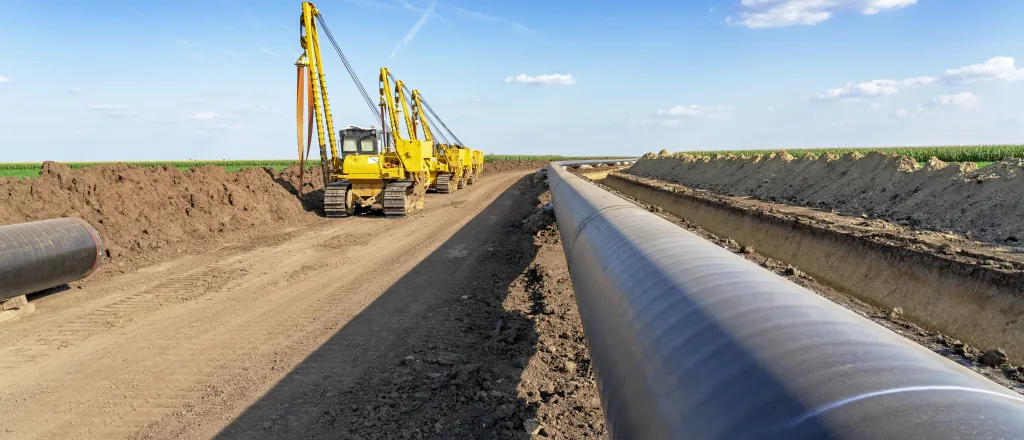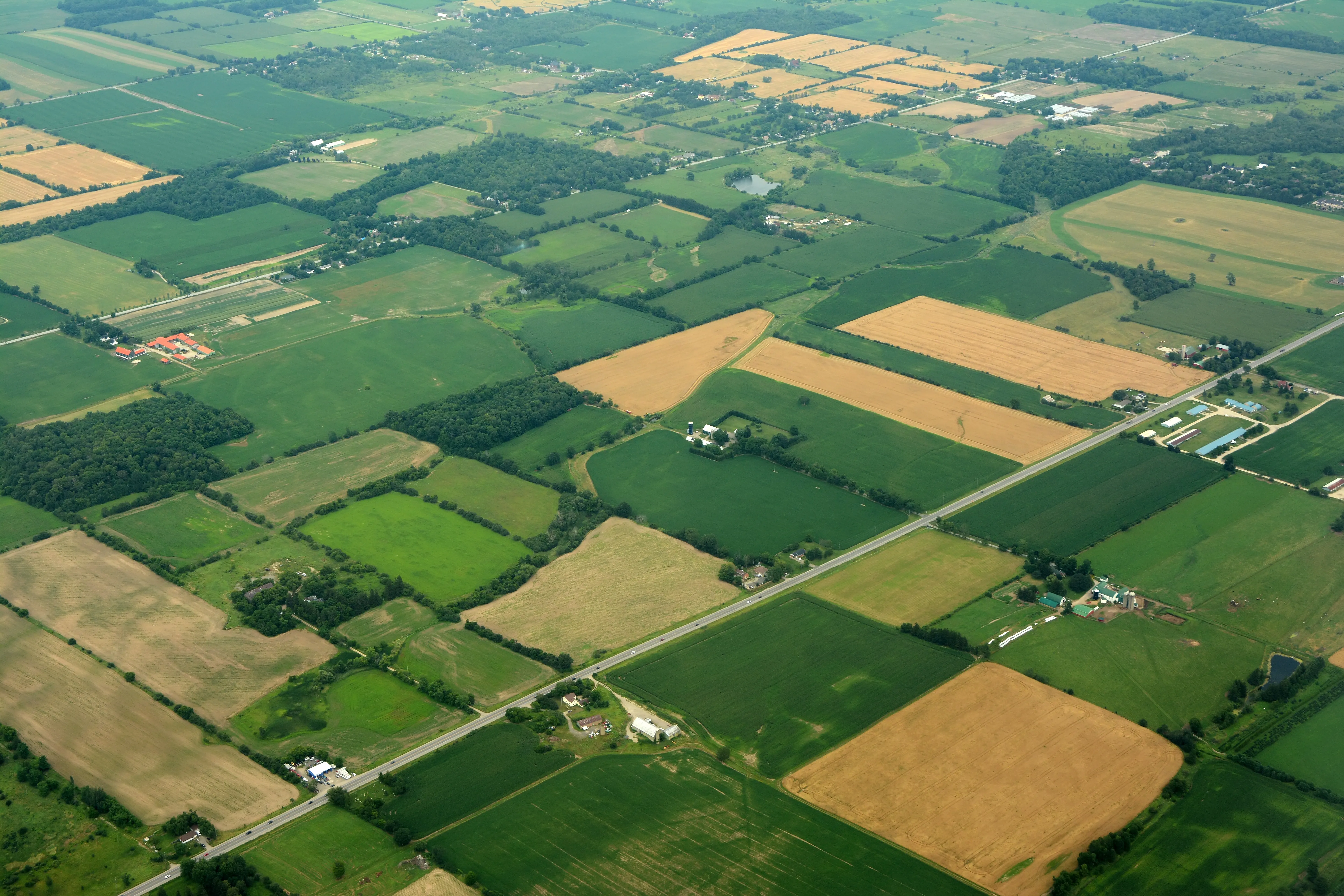
Tribal advocates want more public accommodations for pipeline process
(Prairie News Service) Public comment on an aspect of the controversial Dakota Access oil pipeline runs through mid-December. In the meantime, Native American voices are calling attention to the process, suggesting their input is being held back.
Those sentiments arose during last week's public hearings in Bismarck, led by the U.S. Army Corps of Engineers. The agency is gathering feedback on an environmental assessment of several options proposed earlier this year.
But some attendees were concerned about having to provide their testimony in an enclosed space without the rest of the audience hearing it.
Nicole Donaghy, executive director of North Dakota Native Vote, said that approach missed the mark.
"It does affect the audience's ability to hear the other side and to hear subjective testimony," said Donaghy, "hopefully hear something that they haven't thought of before regarding this pipeline."
The Corps changed the process for the last day, allowing people to speak in an open setting. But Donaghy noted attendance was smaller by then.
The agency did not respond to a request for comment.
The pipeline drew global attention over protests several years ago about potential environmental harm to the Standing Rock Sioux Tribe. The pipeline is still operating as the latest permit is considered.
Among the options are to reroute the pipeline, keep it as is, remove sections of it, or abandon it.
Many tribal advocates call on federal officials to permanently halt Dakota Access. And Donaghy urged the Corps to be more accommodating before a decision is made.
"I would like the Army Corps to hold field hearings on the reservations," said Donaghy. "I would like for them to release the redacted information in the EIS."
She said not allowing the public to see certain details in the Environmental Impact Statement is another way to hinder how opinions are formed about the project.
December 13 is the current deadline for public input, with email and postal options still available.
State officials say the pipeline has operated safely so far, and big changes could result in lost revenue for North Dakota.
















